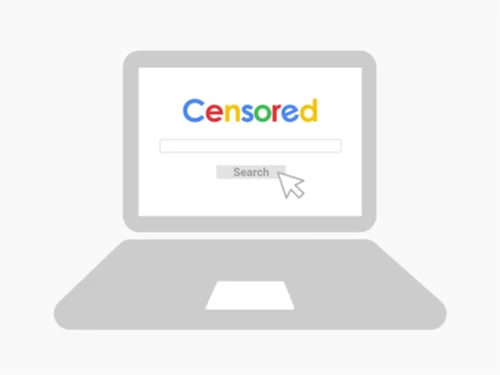
Google rarely prohibits an entire industry from advertising, so it came as a surprise when it announced in September 2017 that it would be cracking down on how addiction treatment centers utilize AdWords.
But news broke recently that Google has temporarily halted addiction center ads worldwide after it discovered that questionable referral services in the United Kingdom were earning undisclosed referral fees from addiction centers hoping to acquire new patients. These referral services don’t have to disclose their relationships with clinics unless explicitly asked, and they can earn “tens of thousands of pounds” for a single referral to a luxury rehab center for a month-long treatment program.
Google makes a lot of money on AdWords. Ad revenue alone accounted for nearly 80% of its $36.7 billion earnings in 2017. The advertising exemplifies how high-value industries leverage AdWords to reach their target audiences effectively. It’s not likely Google will shut down ads for the addiction treatment industry indefinitely, considering a midsize treatment center can easily spend $1 million a month or more on AdWords, so it needs to implement regulation.
What’s Next for Addiction Treatment AdWords?
As we first reported in September, Google stopped running addiction treatment ads in the U.S., but the complexity of the issue has led the company to cease all ad activity worldwide. It will start by gradually phasing out ads through a region-by-region process. Whether ads come back is contingent upon Google implementing a safe and ethical way to permit ads while keeping out companies that rely on referral commissions.
The company’s long-term goal is to implement a verification system for treatment centers that want to run ads. For treatment centers that adhere to ethical advertising standards, this shouldn’t be a problem, but those that don’t have reason to worry.
Treatment centers with robust SEO strategies likely haven’t experienced much of a dip in enrollment because the traffic is still there; it’s just now that Google’s algorithm favors local rankings, traffic funnels straight to organic and local listings. More people may get treatment locally instead of traveling, which could have serious implications for centers that bill themselves as “destination” treatment centers and regularly serve out-of-state patients.
Many treatment centers have used Google’s decision as an opportunity to refine their SEO strategy and step up their social media game, which benefits their overall marketing strategy in the long run.
Refine Your SEO Strategy Regardless of Google’s Decision
As of now, there aren’t any real guidelines in place. Some addiction-related keywords, like “intervention”, “IOP” and “counseling” are still getting through. But the decision to eventually enforce rules puts a tremendous amount of pressure on treatment centers to perfect their SEO strategy. You shouldn’t idle while Google refines its process.
There are things you can do in the meantime that will benefit your strategy anyway, regardless of Google’s guidelines, and not be a total waste of resources.
1. Diversify your strategy. Develop a killer plan for SEO, social and backlinking. This is a great practice to get into anyway, and you might not need to spend as much once ads are turned back on.
2. Focus on social and display ads outside of your geographic area. Since it’s all about local search, these types of ads can be used to entice out-of-state clients.
3. Bid on secondary keywords that are running that match your programs and services.
4. Review your AdWords account daily for changes. Google could do testing or temporarily allow specific search terms that might spend your budget.
5. Focus on B2B marketing. We may live in a digital world, but don’t forget about the power of good old-fashioned networking. Reach out to old friends in the industry, make referrals and attend conferences.
6. Always be ethical. Don’t do anything sketchy once ads get turned back on. You don’t want to damage your reputation and ability to advertise by putting on an ad that says you’re located in Florida when you’re actually in Ohio, or an ad that says you have a Christian program when you don’t offer faith-based treatment.
So What’s Next? Our Predictions
This policy change will have a regulation effect on the market as a whole. Referral agencies won’t be getting as many leads so those leads will dry up, and the treatment centers that were paying for those leads will have to revert to traditional marketing strategies. If numerous bidders/faux centers are blocked by Adwords when they start running again, the overall cost per click may be lower due to less competition. This will be a welcomed consequence, as it reached an all time high in 2017.
Since Google has decided to enforce this policy internationally, it might be an indication that it’s further along in preparing a solution than we thought. We expect them to announce the details of the new verification process within the next two to six months, which will likely require scanned copies of your licenses, so get them ready now.
After nearly two decades in business, we’ve seen Google go through its fair share of changes to make its processes and policies more ethical. The company’s decision provides further motivation for addiction treatment centers to upgrade their digital strategy. Contact Webconsuls if you’re interested in getting it done right.

